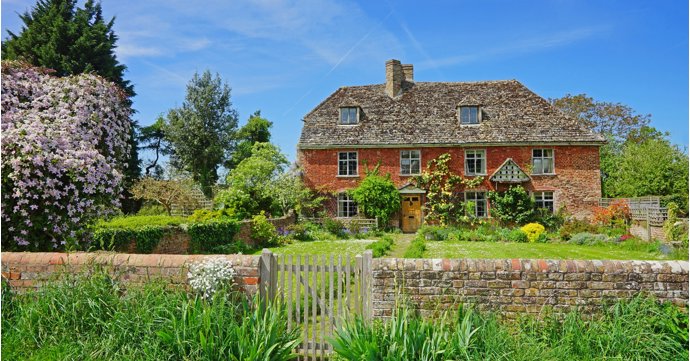With autumn in full swing, it's natural to start thinking about how our energy costs are about to increase — at home and at work — when the winter arrives.
In partnership with Cheltenham-based building specialist, Root Construction, SoGlos rounds up nine ways to prepare your property for the colder weather, from small scale adjustments to larger improvements to increase the long term resilience of your home or business premises.
Draught-proof your openings

Heating your property during the winter can be costly at the best of times, but especially in buildings with multiple openings or draughts. Air will always try to equalise, meaning warm air from inside buildings will try to escape to balance with the outside temperature. Any air that gets out will be replaced by cold air entering the home through any means it can.
Some of the things you can do to plug the gap include fitting brush draught excluders to letter boxes, cat flaps and external doors; closing internal doors to rooms you don’t use and use draft excluders; checking seals around windows, doors and all openings on the building; and modernising or fitting secondary glazing.
Check your heating system
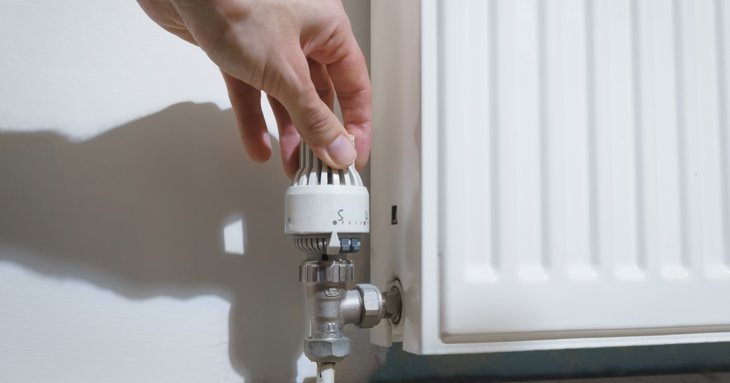
It's important to be aware of the efficiency of your property's heating system, with UK regulations set to tighten over the coming years. By 2025, all leased and commercial properties will need a valid energy performance certificate (EPC), with a requirement to achieve a minimum rating of C by 2027.
New homes regulations coming into effect next year state that all domestic boilers must operate at a maximum flow temperature of 55 degrees Celsius, meaning the efficiency of your boiler and radiators will impact not only your monthly bills, but also the value of your property.
Property owners can ensure they're getting the most out of their heating system by annually servicing their boiler; bleeding radiators before the first cold spell; and upgrading part, or all of, their existing heating system.
Wrap up for winter — insulate your property
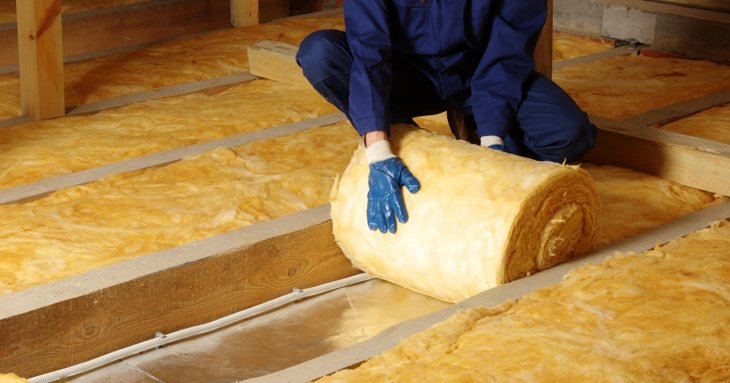
Root says to think about insulation as the difference between wearing a t-shirt or a coat in winter, with several areas to consider which could save you money.
Starting with the walls, modern cavity insulation can not only improve heating efficiency, but also add value to your property, while adding external or internal cladding can also modernise its overall appearance.
On the roof, building regulations state that insulation should be a minimum of 270mm deep; while insulation between your floorboard joists paired with a good underlay could save you around £70 annually on heating costs, making a huge difference to the efficiency of your property.
Also for commercial premises, it's a good idea to look at insulating pipework and ducting, to ensure the maximum permissible heat losses for non-domestic buildings are not exceeded.
Turn off your outdoor tap

Isolating your outdoor tap during the winter will stop the water from freezing and bursting the pipe — a situation any of us could do without.
Locate your outdoor tap stopcock, which is normally beneath an adjacent sink to the outdoor tap and turn the lever to
off, before running the outdoor tap until it is dry.
Tend to the gutters and repair your roof
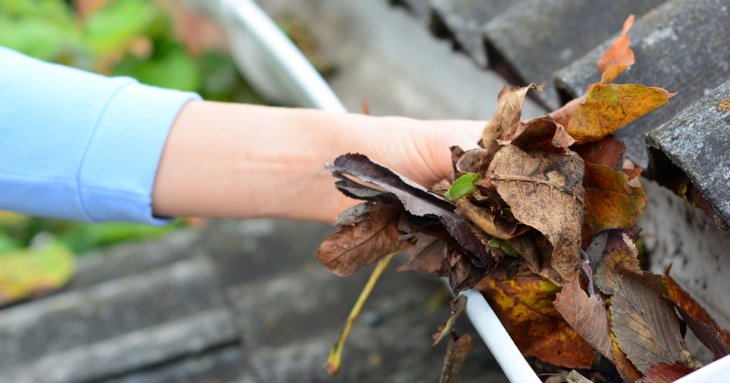
Root says that neglected guttering can wreak havoc on a property, so it's good sense to ensure your guttering and downpipes are free flowing and that there are no leaks along the roofline.
Slipped or cracked roof tiles can be particularly vulnerable to freeze-thaw cycles, causing damage that can lead to leaks that go amiss until it has seeped through to the internal ceilings.
A roof survey can offer peace of mind and catch potential issues before any damage is done.
Check your chimney
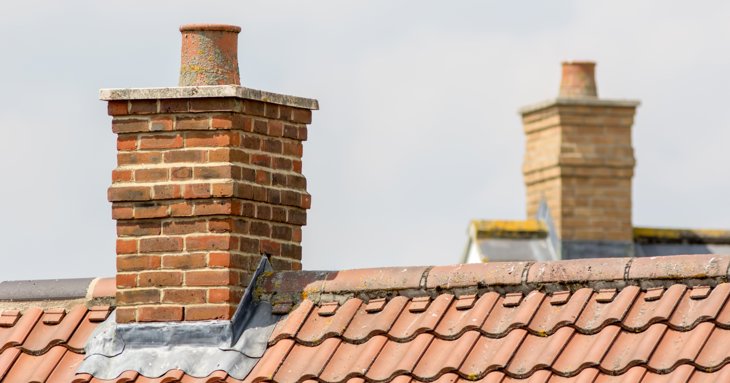
Chimney stacks can be a source of draughts and damp — whether your chimney is still in use, or has been capped, checking you have a functional rain cap will aide in preventing damp issues. If it is still in use, book your chimney sweeps in early to clear out any carbon build up, too.
If you have a capped chimney, it’s important to inspect the integrity of the external stack to ensure there are no leaks. Root suggests it may also be worth adding air bricks, to allow airflow.
A draught-blocker can also be fitted internally, or around a fireplace to reduce cold draughts, while larger chimneys can be capped with a metal plate to ensure any risk of water ingress in minimal.
Take care of your driveway
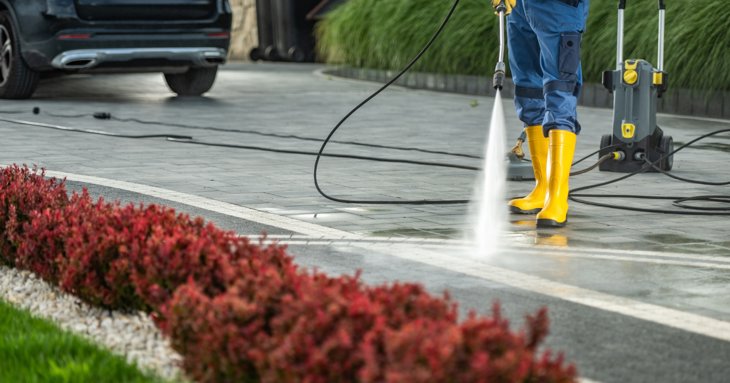
Pressure washing and repairing any minor cracks in your driveway can help prevent any debris or chemicals from building up and causing further damage.
Root advises that caution should be taken not to
spray in a parallel direction to joints, so as to not wash any jointing away.
Prepare your garden
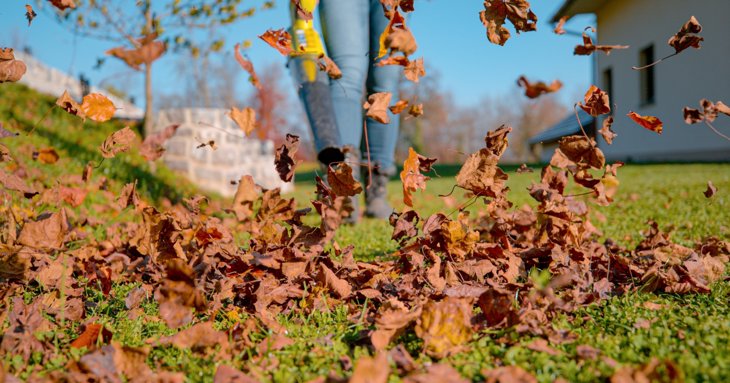
Simple garden preparations in autumn will save time and effort in the spring and help keep your garden in good shape for when the warmer weather returns.
Mowing your lawn while the weather is still mild, clearing grass cuttings and fallen leaves and using a peat-free winter fertiliser will allow your lawn to keep growing and will help to prevent disease; while adding layers to your compost and mulching your flower beds will keep your garden plants fed for the winter.
You can also give wildlife a helping hand, by offering fatty nuts and seeds for birds; and building a hedgehog house or insect hotel — a fun activity for the whole family.
Create simple habits indoors

Simple habits can also be effective, such as opening curtains during the day to allow the sun's warmth to help heat rooms, then closing them in the evening to trap heat in.
Other small habits like leaving the oven door open after cooking can all add up to help keep your home warm.
Root Construction offers winter surveys for both commercial and domestic properties, to determine their efficiency and help avoid potential financial stings from unforeseen issues that may arise when the weather turns.
Works can then be tailored to suit individual needs, from boiler servicing to full renovation.
For details on how to get in touch for a survey, visit rootgroup.co.uk/root-construction.





